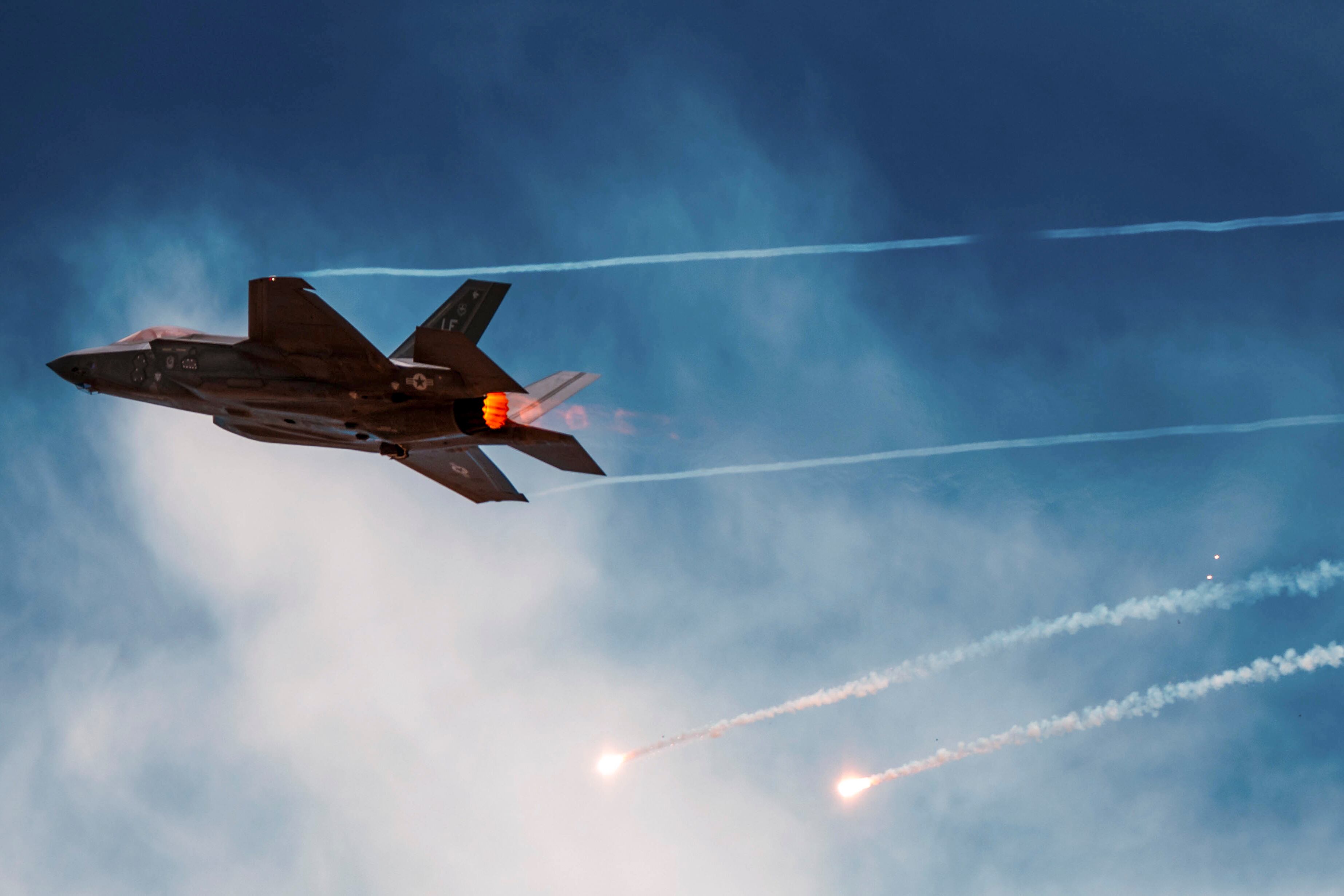The head of the F-35 Joint Strike Fighter program has approved a plan to accept the newest jets with a partial version of its latest software, paving the way for deliveries to resume after a year-long pause.
Lt. Gen. Mike Schmidt, the F-35 program executive officer, on July 3 decided to move forward with the plan to accept jets with a “truncated” version of its Technology Refresh 3, or TR-3, software, the Joint Program Office said in an email. This decision was made after consulting with the military services, pilots, maintainers, industry, and the executive steering board that oversees the F-35, the JPO said.
TR-3 includes upgrades to the F-35′s displays, computer memory and processing power that are needed for a more expansive modernization known as Block 4, which will include the ability to carry more weapons.
But Lockheed Martin has struggled with software integration on the TR-3 jets. Some critical pieces of hardware were also delayed, Schmidt said in December 2023, which further stalled the effort.
The first F-35s that were intended to have TR-3 began rolling off the Lockheed Martin assembly line in Fort Worth, Texas, last July. But the Defense Department refused to accept their deliveries.
As months dragged on and F-35s began to accumulate at Fort Worth, the F-35 program began considering a “truncated” solution. This involved uploading a partial version of the TR-3 software that worked well enough to conduct the necessary acceptance flights, even if it could not carry out all the F-35′s missions.
In April, Lockheed Martin chief executive Jim Taiclet said these jets, even after delivery, would not be able to fly combat missions until 2025, and would be used for training flights at first.
The F-35 JPO said deliveries “will resume in the near future,” but would not specify when.
Air Combat Command chief Gen. Kenneth Wilsbach said Wednesday that the jets could start to be delivered this month.
Stephen Losey is the air warfare reporter for Defense News. He previously covered leadership and personnel issues at Air Force Times, and the Pentagon, special operations and air warfare at Military.com. He has traveled to the Middle East to cover U.S. Air Force operations.




